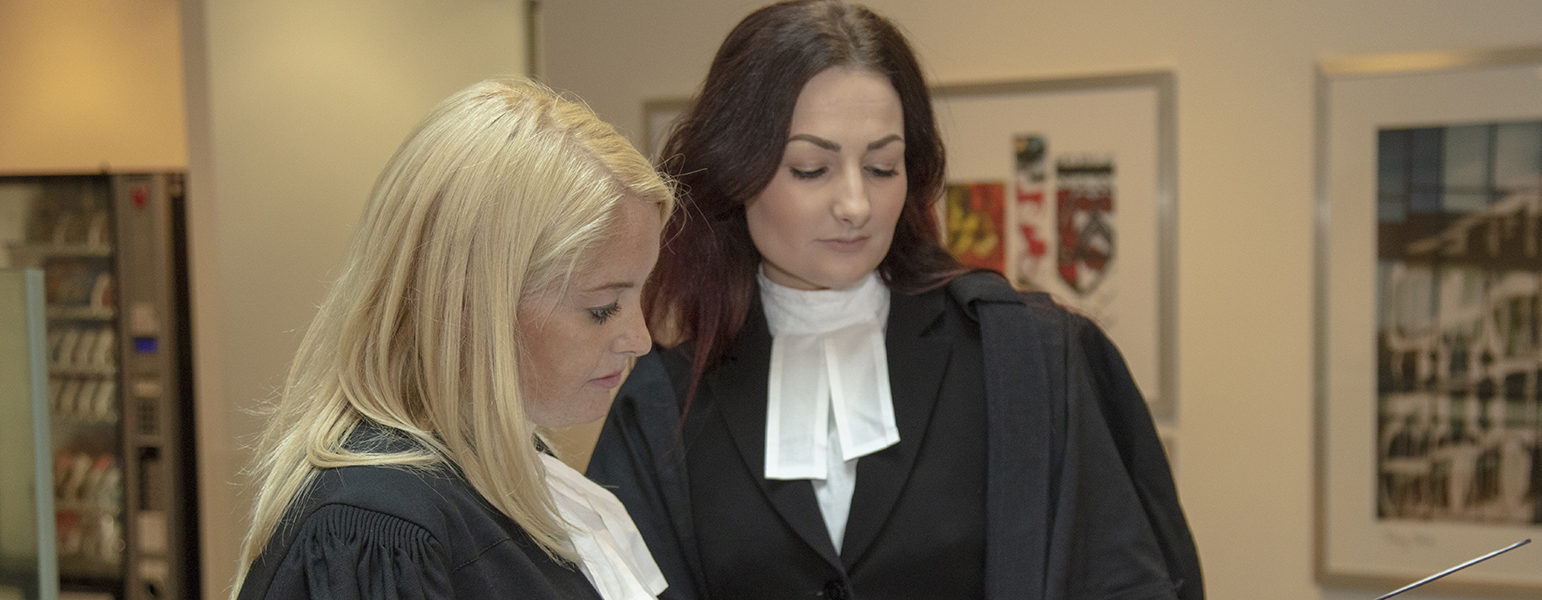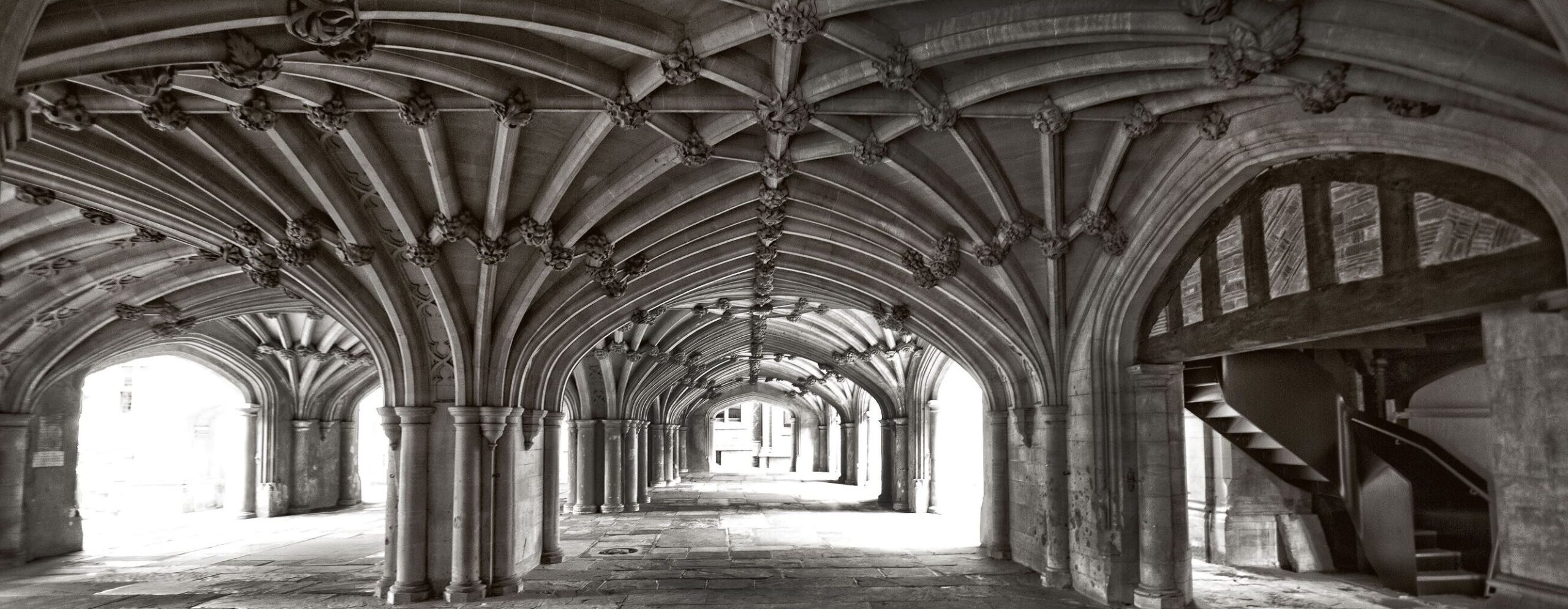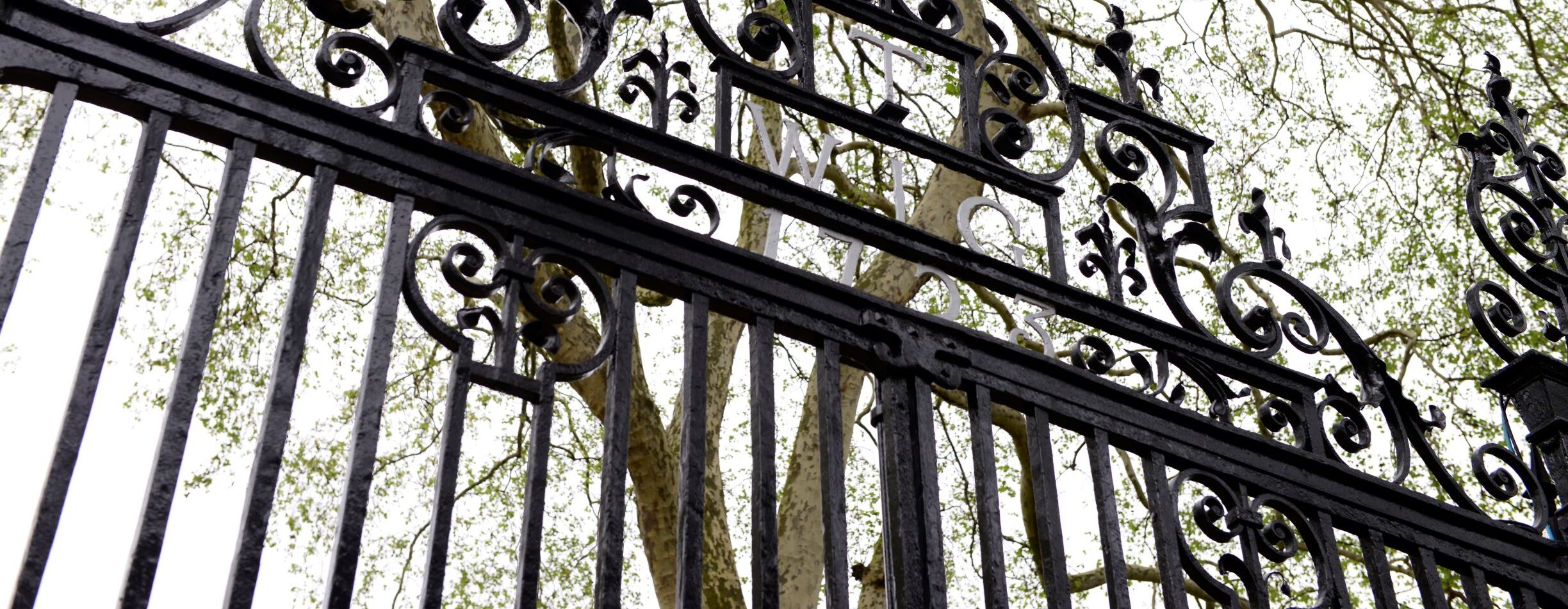New Practitioners
New Practitioners can access ICCA's library of materials and training films, for use during Inns/Circuits advocacy training courses.
Skeleton Arguments
This film provides guidance on the drafting and use of Skeleton Arguments in both criminal and civil contexts. The guidance for drafting Skeleton Arguments is set out in ’15 suggestions’ for good practice, which Mr Justice Dingemans discusses in the film. These suggestions have been formulated from; the Practice Directions and the Guides for the Court of Appeal, Chancery Division, Queen’s Bench Division, Administrative, Commercial and Technology and Construction Courts;reported cases; and from comments made by both Judges and practitioners in talks about Skeleton Arguments.
Appellate Advocacy
In this film Lord Hughes of Ombersley provides a talk on what judges expect from written and oral argument in both civil and criminal appeals.
The transcript for this film can be downloaded here.
Criminal Appeals
Here Sarah Whitehouse QC, (Senior Treasury Counsel at the Central Criminal Court) provides a talk on how to conduct a criminal appeal.
The transcript for this film can be downloaded here.
Civil Appeals
Similarly, Dinah Rose QC, one of the foremost appellate advocates, provides a talk on how to conduct a civil appeal.
The transcript for this film can be downloaded here.
Civil Mock Appeal
Criminal Mock Appeal
Expert Witnesses
The aim of this film is to provide an introduction to the principle and techniques of dealing with expert evidence. The film is divided into three sections: first of all, the conference with the expert; second, the calling-in-chief of the expert (the case used is one of clinical negligence, but it will be treated as though it were a criminal trial, for the purpose of demonstrating this); third, there will be cross-examination of the expert. Each of these has been somewhat truncated; in real life, a conference, examination and cross-examination might well take hours in a case of this kind. Equally, the speed at which the examination-in-chief and cross-examination are conducted are somewhat greater than you would probably find in a real trial.


